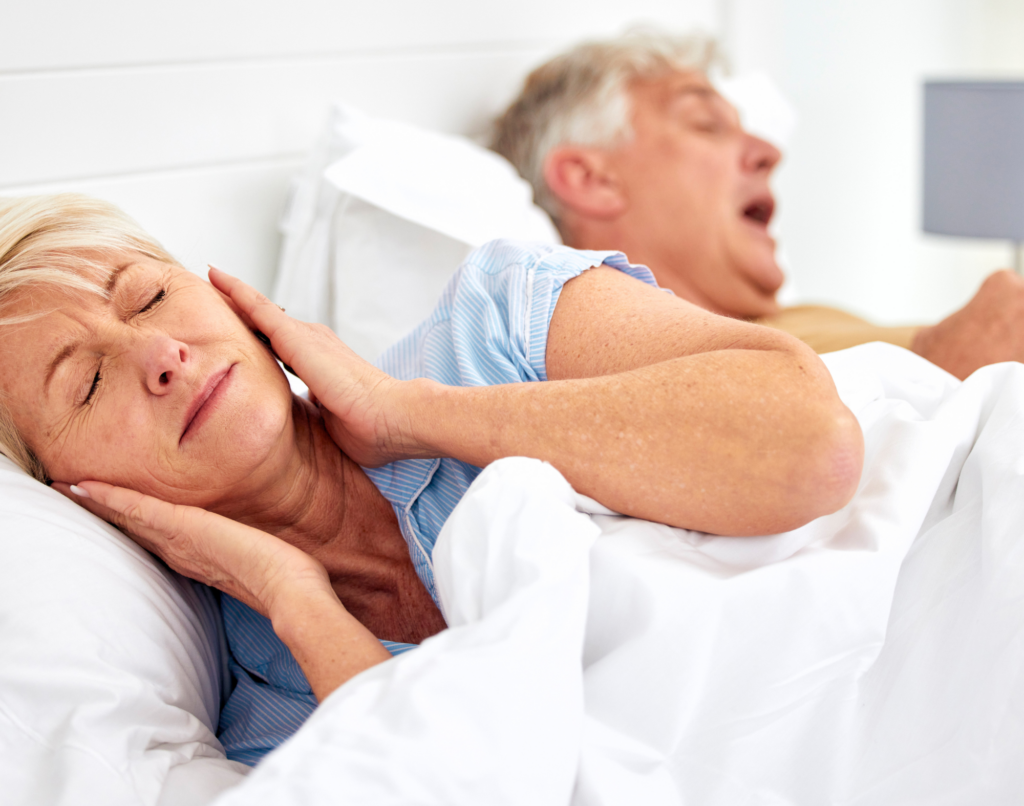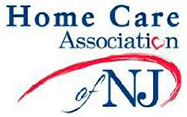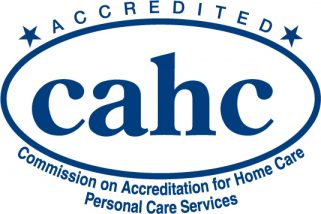Sleep apnea is a severe condition prevalent in Senior Citizens that is associated with dementia, high blood pressure, heart disease, and death. In addition, older adults who have sleep apnea have higher rates of sudden cardiac arrest. Significant sleep apnea symptoms in Senior Citizens include snoring, daytime sleepiness, and diminished cognitive functioning.
What is Sleep Apnea?
Sleep apnea is a chronic condition characterized by pauses in the inhale-exhale cycle. When a person has this condition, their breathing repeatedly stops for several seconds while they are asleep. This occurs when the muscles in the back of the throat relax and the airways narrow or close as you breathe in. Thus, you cannot get enough air, which can then lower your oxygen levels in your blood.
Sleep Apnea Symptoms in Senior Citizens:
There are many symptoms to watch for in your Senior loved one when it comes to sleep apnea. Obesity, advanced age, abnormal upper airway anatomy, and family history may all contribute to sleep apnea. In addition, people with larger neck sizes or soft upper airway tissue are more likely to develop the disorder.
1. Snoring: While not all snorers have a sleep disorder, it’s dangerous to dismiss snoring as a regular part of getting older. Snoring is more than just a noisy nuisance; it can be a sign of sleep apnea. Seniors with apnea snore loudly and frequently. They may also gasp or choke during sleep.
2. Daytime Sleepiness: Taking naps during the day is not a regular aspect of aging. Senior Citizens with sleep apnea may wake up feeling tired regardless of how long they slept. As a result, they are sluggish during the day and have trouble staying awake and alert.
3. Impaired Cognitive Functioning: Sleep apnea can lead to a noticeable decline in attention, memory, and executive functioning. Seniors with apnea may find themselves in a brain fog or have a hard time staying focused. They may have attention problems and sudden irritability. If left untreated, sleep apnea could lead to dementia.
4. Headaches and Dry Mouth: Senior Citizens with sleep apnea often complain of waking up with headaches, dry mouth, or sore throats. Headaches are likely caused by decreased oxygen levels in the bloodstream and generally resolve an hour or two after waking. Morning dry mouth or sore throat is probably due to sleeping with an open mouth.
5. Resistant Hypertension: When blood pressure medication isn’t working, the underlying cause may be sleep apnea. Severe sleep apnea contributes to poor blood pressure control. In addition, many people who suffer from apnea are resistant to hypertension treatments. In these cases, treating sleep apnea may help regulate blood pressure.
Treatment
Talk to a medical professional if you notice symptoms of sleep apnea in Senior Citizens. The doctor may prescribe a CPAP machine with a mask that goes over the nose and/or mouth to deliver continuous oxygenated air. They may also prescribe certain medications to combat sleep apnea. Don’t let sleep apnea go untreated—Senior Citizens deserve a good night sleep.
At Anita’s Angels, Inc., our Certified Homemaker-Home Health Aides are here to assist your Senior loved ones. We are Families Helping Families. So let’s talk about how our family can help yours—call 908-788-9390.





